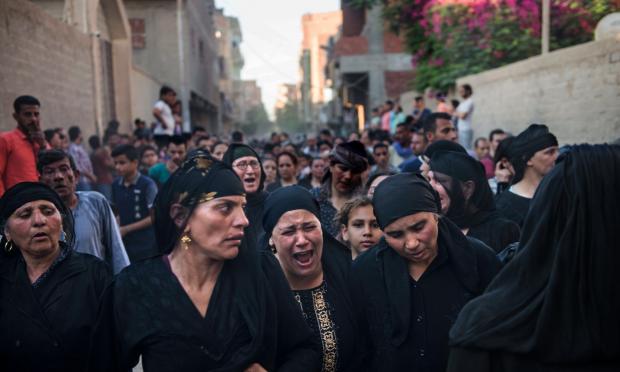It is well-known that Turkey has never been a country where Christians were particularly welcomed, while in the past, mainly Greek and Armenian Christians became victims of Turkish atrocities, wrapped in the nationalist sentiment of the Turks.
An increasing wave of nationalism in Turkey creates challenges for the country's Christian minority, which faces social and institutional pressures, according to the World Watch List 2025 by Open Doors, as revealed by a reputable international media outlet, noting:
The Turkish state's stance toward Christians today
The annual report evaluates and ranks countries where Christians face the most persecution, analyzing factors such as social discrimination, governmental restrictions, and violence against Christian communities.
The Open Doors World Watch List for 2025 ranked Turkey among the 50 countries where Christians face the most challenges in practicing their faith.
This year's findings for Turkey highlight a troubling mix of cultural, legal, and social challenges that continue to marginalize the Christian population.
According to the report, despite the long historical presence of Christianity in the region, it is often perceived as a negative Western influence, a perception that persists even among moderate Muslims and secular Turks.
Members of Christian communities, such as Greek and Armenian Orthodox believers, are often considered foreigners.
Their churches regularly face bureaucratic obstacles and legal challenges aimed at restricting their religious practices.
The Armenian and Assyrian (Syriac) communities face increased pressures in southeastern Turkey, where ethnic and religious tensions intersect.
Internal migration in Turkey for religious reasons
Many Christians from these groups have left their ancestral areas, moving to western Turkey to escape ongoing hostilities linked to conflicts between the Turkish military and Kurdish resistance movements.
Although converting from Islam to Christianity is not illegal, converts face intense family and social pressure, including threats of divorce, disinheritance, and ostracism.
The report highlighted the widespread daily discrimination against Christians in Turkey.
Religious belief is recorded on Turkish identity cards, enabling bias against Christian job applicants.
Protestant Christians, mainly concentrated in western coastal cities like Istanbul, also face challenges.
While these urban centers are generally more liberal and secular, pockets of social conservatism and Islamic influence still subject Christians to hostility.
Rural and interior areas are described as even less tolerant.
The Protestant community remains a specific target, with several expatriate Christians subjected to entry bans, forcing them to leave Turkey.
Additionally, Christian asylum seekers and refugees—many of whom are converts from Islam—face extensive discrimination and abuse.
This group includes individuals from countries such as Iran, Afghanistan, and Syria who fled persecution in their home countries only to face further challenges in Turkey.
The report recorded an increase in targeted attacks on church buildings over the past year, along with two reported murders of Christians.
Beyond the findings of the 2024 report, there is perhaps no more indicative example of how Turks view Christians than the conversion of Hagia Sophia into a mosque by Erdogan.
In conclusion, while the general attitudes of society in Turkey toward the Christian community remain largely unchanged, the high levels of social and systemic discrimination continue to be a serious concern.



